 ‘The Beaver’(1) is, at 90 years old, Canada’s second oldest magazine. Founded in 1920 and named after Canada’s symbol and fur-trading history, the Hudson’s Bay Company publication is devoted to popularizing Canadian history, aiming to make Canadians more aware and appreciative of their heritage.
‘The Beaver’(1) is, at 90 years old, Canada’s second oldest magazine. Founded in 1920 and named after Canada’s symbol and fur-trading history, the Hudson’s Bay Company publication is devoted to popularizing Canadian history, aiming to make Canadians more aware and appreciative of their heritage.
Two weeks ago, the venerable magazine had to change its name(2,3,4) to ‘Canada’s History’ because its newsletter and emails were being trapped by spam filters around the world. Editor-in-chief Mark Reid confirms: ‘Readers complained that internet filters were blocking e-mails and newsletters from The Beaver.’
In recent years, beaver has indeed become a naughty word used to refer to a particular part of female anatomy in an industry that inspires a lot of spam. Marc Chouinard, an anti-spam expert with email security vendor Vircom, stated that adult-related spam had comprised as much as 50% of the total spam traffic several years ago. Because of the enormous increase of pharmaceutical spam over the past 2 years, however, adult spam has now dropped to a relative level of about 10%, although its absolute volume has stayed about the same.
The question that springs to my mind right away is: how stupid can a spam filter be to quarantine a perfectly valid, historic and educational based content, only because it contains one supposedly offending word: beaver? It is not hard to analyze content and distinguish between adult spam and genuine historical stories. It’s not hard to see that one hypothetically offending word, in a 400-600 word text completely unrelated to adult entertainment, should not cause it to be quarantined or blocked. Even worse, any half-decent reputation filter should be able to determine the company’s email servers are not spam senders! What’s next? Will Pillsbury have to change its name because ‘pills’ is a word used by most pharmaceutical-related spam to enhance male abilities or promote magic diets?
And why are so many organizations using these inferior spam filters on their corporate networks? If these so-called spam filters block relevant content such as this history magazine, I can only imagine the amount of false positives (perfectly legit email) they have, and how many business opportunities are potentially lost. At a cost of $1 per employee per month, companies can get high quality email security products from leading, expert vendors. One dollar per employee, per month. That’s about the cost of a pen or a coffee! Surely, at this price, corporate IT departments should be allowed to upgrade their systems to get proper and competent email protection, and be able to spend their time managing their technology and infrastructure instead of retrieving wrongly quarantined false positives every day.
One thing is for sure, a 90-year old publication should not have to pay the ultimate price of bad filters by having to change its name.
(1) History Society, http://www.historysociety.ca/bea.asp
(2) http://news.scotsman.com/odd/Internet-mixups-forceCanadian.5976337.jp
(3) http://www.theregister.co.uk/2010/01/13/canadian_magazine/
(4) http://www.theglobeandmail.com/news/arts/the-beavers-name-passes-into-history/article1428485/



Paul, that would work but only partially, as most AS filters have this capability, but some admins do not allow their users the flexibility to do this.
Of course, the message from the magazine to the users requesting this would have to get through in the first place!
The BBC News just published an article about this:
http://news.bbc.co.uk/2/hi/technology/8528672.stm
PS: And no, Graham Cluley, this is not an April’s Fool joke, this news has been around for 2 months already.